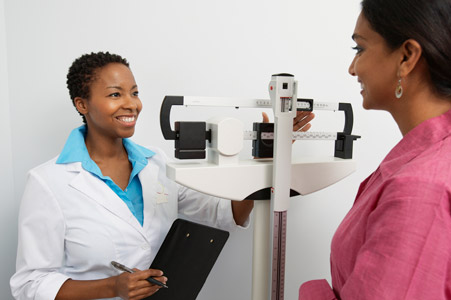


4 Practical Tips for Safe Medication Storage
You probably work hard to adhere to your medication schedule, eat healthily, and get exercise — but did you know you could be jeopardizing your health by not properly storing your medication?
Storing your medication properly and safely can make a big difference in your health outcomes and protect those around you. Read on to learn more about ways you can store medication safely and ensure it doesn’t get into the wrong hands.
Keep Medications in the Manufacturer’s Original Packaging
Always err on the side of caution by keeping your medication in its original container, with the original label still affixed. This ensures you have all the information you need on dosing if you need to take it without or without food, and what the expiration date is. This also allows you to triple-check for your name attached to the prescription to ensure that you’re taking your medication and not another person’s.
As an added benefit, most medication containers and pill bottles from doctors are child-proofed, which makes it more difficult for kids to get their hands on meds they shouldn’t have access to.
Store Prescriptions in Secure, Locked Locations
As an added precaution, store your medication containers, even child-proofed ones, in secure or locked locations.
For little ones who don’t know better, this keeps the temptation to play with bottles at a minimum. For older children and other adults, this can limit prescription drug abuse for controlled substances. There are lots of effective medication locks and boxes on the market — with some only opening at certain times a day to improve adherence precision.
Ensure Prescriptions Are Stored as Directed
Most medications will advise that they be contained in a cool, dry location — and this should be followed to ensure that the medications remain effective and do not spoil or degrade.
For this reason, bathrooms are not ideal locations for medications, given their propensity to dampness. Instead, consider dry areas that you visit frequently like your nightside drawer or your kitchen pantry — provided these places do not get overly warm. And though it may be tempting to store medications in areas like your handbag due to accessibility, drugs cannot be guaranteed to be stable in locations like these.
Also, be sure to check your prescription for labels that indicate they need to be refrigerated. It’s essential that you get them in a refrigerator as soon as possible after picking them up, or you risk them spoiling and becoming unusable.
Have Conversations with Children About Medication Safety
Children are curious by nature and generally very interested in what adults in their lives are doing — and so your prescription routine to bound to catch their attention. It’s important to have conversations with children in your household about keeping away from medications that aren’t theirs and always seeking an adult’s help before taking any medicine.
This, coupled with preventive measures like locking away your prescriptions, can help foster a safe environment.
If you’re ever unsure about how to store your medications, be sure to call your pharmacist and speak in detail about how and where to keep prescriptions to ensure they remain stable and safe to use.



.jpg)
.jpg)
.jpg)


















.jpg)





















.jpg)








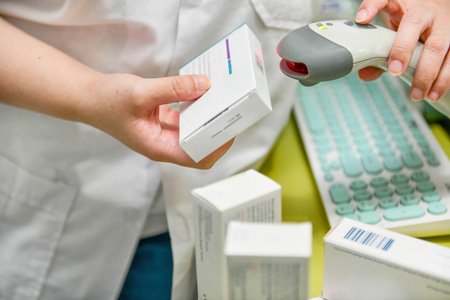


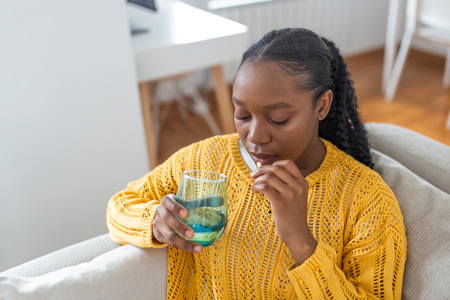


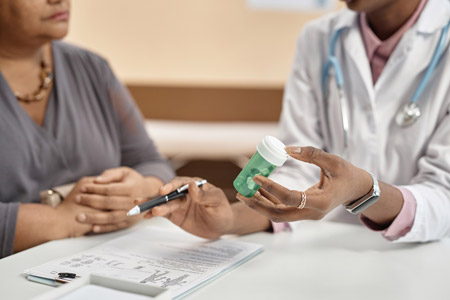

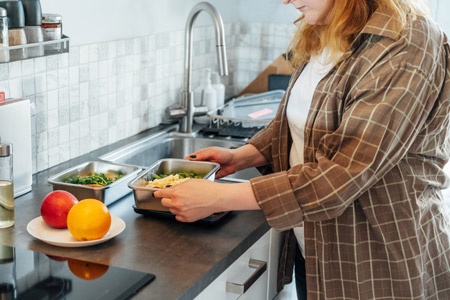
.jpg)
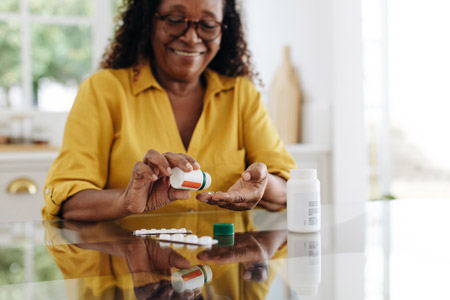

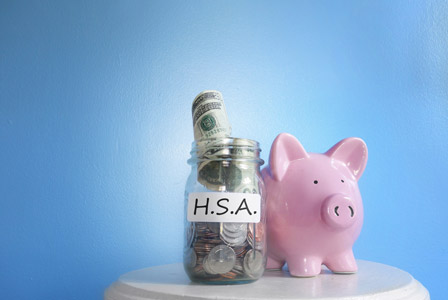
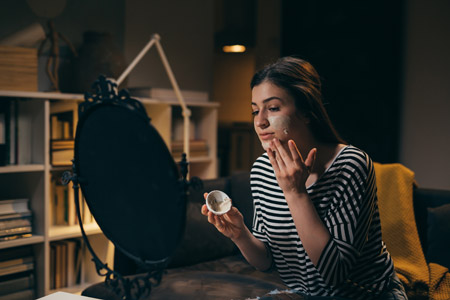

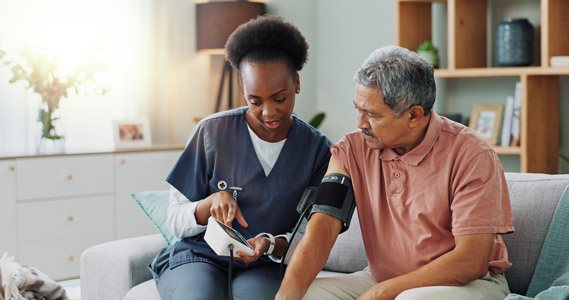
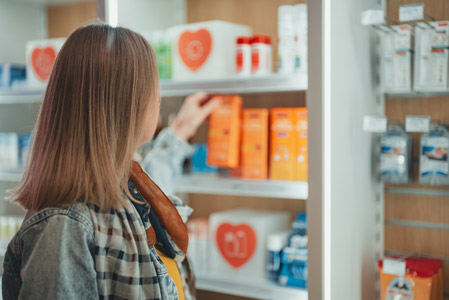






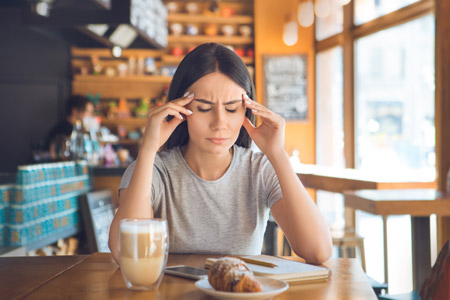




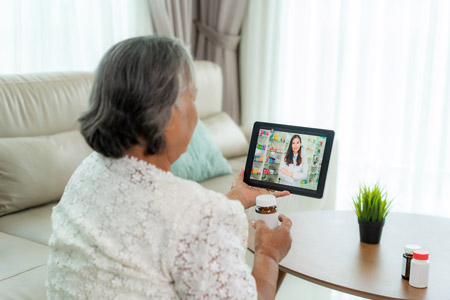




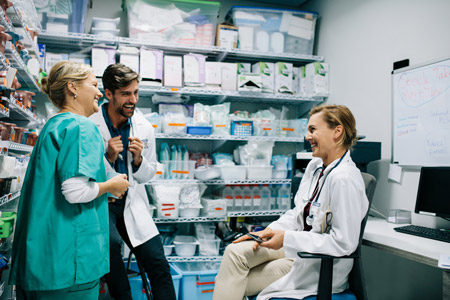

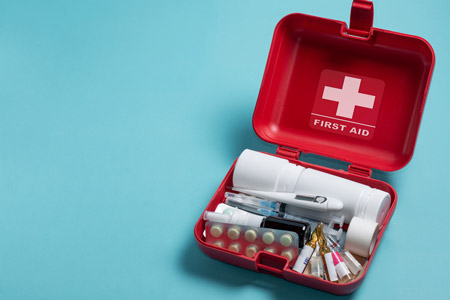
.jpg)
.jpg)
.jpg)


